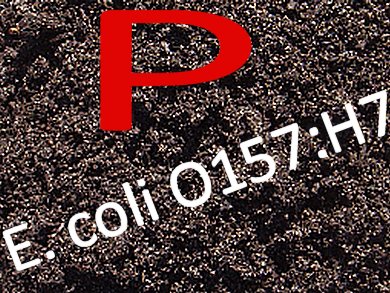Solution chemistry is more complex than previously thought. According to Jin Li, University of Wisconsin, Milwaukee, USA, and colleagues, phosphate will have to be considered when studying bacteria’s movement in soils instead of only looking at a solution’s ionic strength as the most important driver of cell movement.
The reseachers showed that high concentrations of phosphate, a key ingredient in fertilizer, help Escherichia coli O157:H7, a strain found in cow manure that can trigger internal bleeding and kidney damage when people ingest it, to slip through soil. The researchers say that phosphate molecules increase the repulsive forces between the E. coli cells and sand grains by changing the conformation of molecules on the cells’ surface. By this they could lead to a wider spread of E. coli O157:H7 cells, and potentially other types of bacterial cells, within the soil-groundwater system.
- Effects of Phosphate on the Transport of Escherichia coli O157:H7 in Saturated Quartz Sand
Lixia Wang , Shangping Xu , Jin Li
Environ. Sci. Technol. 2011.
DOI: 10.1021/es201132s




